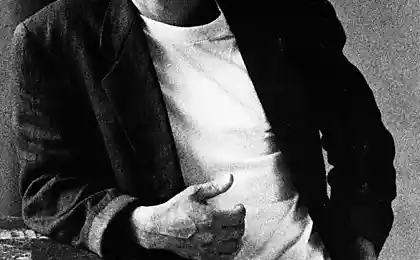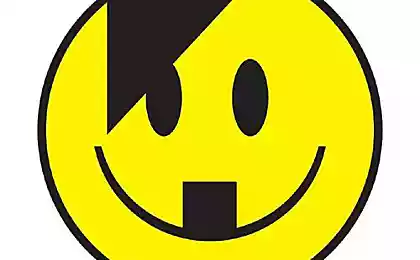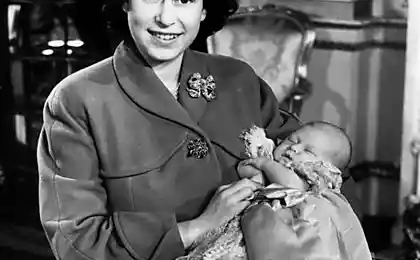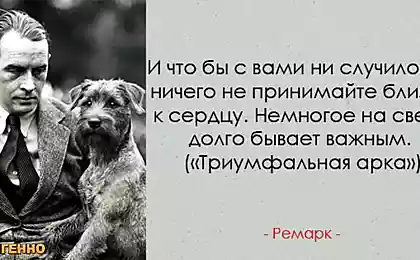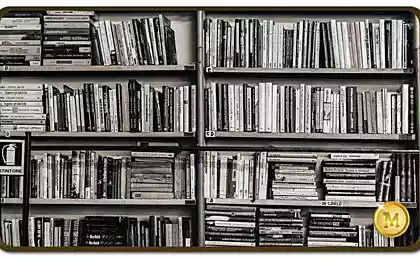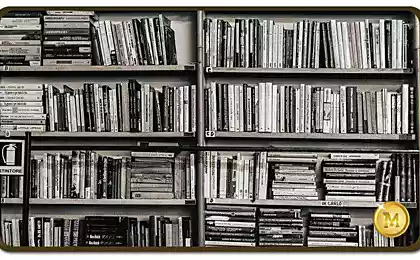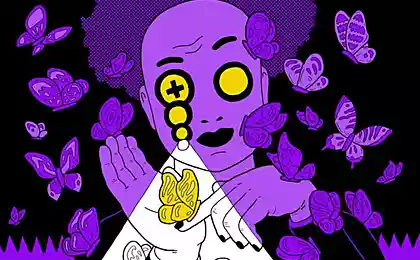301
12 Overrated Books Claiming to Be Intellectual
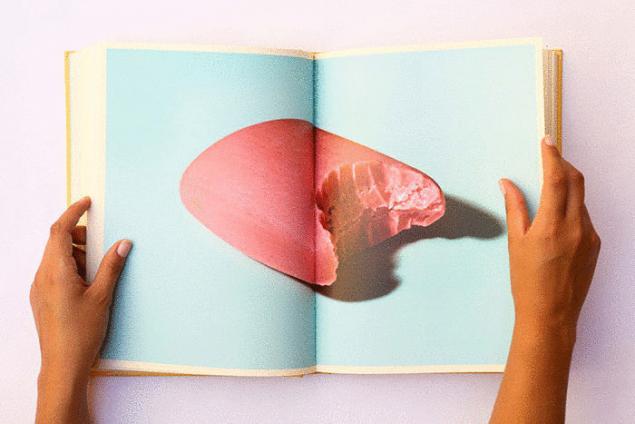
The truth “popular does not mean good” applies not only to music, cinema and fashion, but also to literature: as a rule, the most popular are books that do not shine with the originality of the idea and do not have high artistic value, but claim to be intellectual.
Overrated booksRichard Bach A Seagull Named Jonathan Livingston
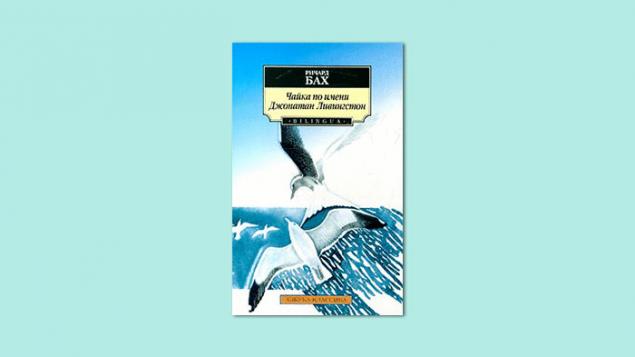
Bad: Due to the grandiose author’s pathos, it is perceived by the mass audience as a hymn to spiritual freedom, a guide to moral self-improvement and a paraphrase of the ideas of Nietzsche and Hegel. In fact, it is a nauseatingly pretentious story-parable, written in wretched language and full of truisms that Captain Obvious himself would envy. Dialogues in the spirit of the film “Daredevil” are interspersed with intense attempts to make the reader look deep into himself and find there the strength for new achievements.
Good: The original edition of “The Seagull” is useful for those who begin to learn English and want to quickly master the simplest grammar and time formation: the story is replete with phrases like “Bill has a ball” and “London is the capital of Great Britain”. The scheme of constructing sentences is understandable even to a child, and their meaning can not be thought about - it still does not exist.
Haruki Murakami The Norwegian Forest
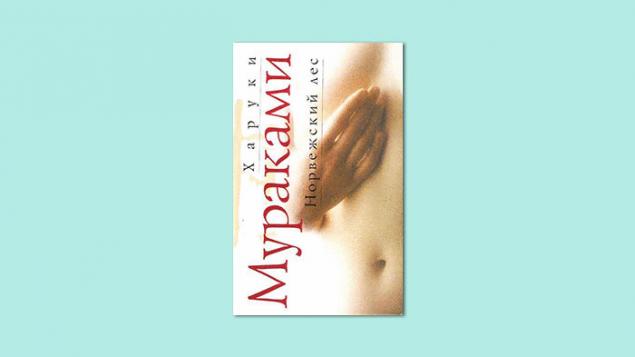
Bad: The name Haruki Murakami was so familiar to philological inhabitants that even they recently began to consider him a pop. But there is a novel in his work that stands apart - because it is very soulful. “Norwegian Forest” is perhaps the most striking example of how deftly Murakami is able to manipulate the audience and parasitize on painful topics such as unhappy love, loneliness, death. How unfazed he puts the dust in his eyes, mentioning unknown to most authoritative people like Georges Bataille. How persistently presses on the most common cultural associations: even if someone does not understand music, he still knows from childhood that the Beatles are good. The Norwegian Forest is a crime not against literature, but against humanity.
Good: Before Murakami’s monotonous bestsellers in bright, “provocative” covers appeared in bookstores in Russia, writers from Japan were, to put it mildly, not particularly popular. Thanks to the launched, including Murakami, fashion for all Japanese in the home libraries of our compatriots began to appear Mishima, Akutagawa, Oe, and some even Abe and Kawabat. Of course, buying a novel by a particular author does not mean reading it and understanding it, but for many Murakami was the first step on the way to great Japanese literature.
Peter Heg. "Children of Elephant Caretakers"
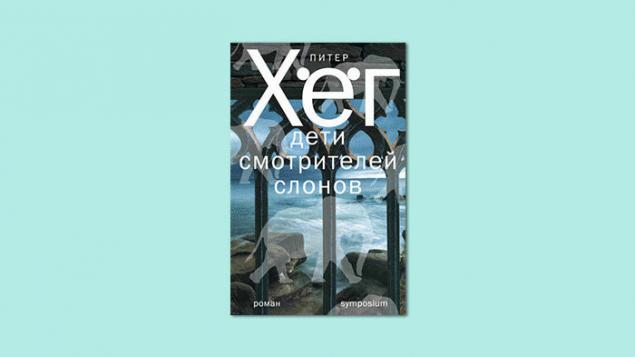
Bad: Peter Heg has been called the most talented contemporary Danish author. And indeed, in order to write such a boring spy novel, you need to have a special talent: although the detective line Hegu needs in order to show what it is like for children when they enter the world of adults, this benevolent theme is implemented clumsily, implausible, with a lot of categorical and unconvincing digressions towards religious issues. It is clear that Heg is a commercial writer, and yet to produce such a ridiculous novel is, after all, disrespectful to the buyer. With the same success, you can throw on the shelves of clothing stores a sewn-up jacket from an old Raikin monologue. After reading “Children”, I want to ask Heg: “You think I’m a dunk, right?” You think I'm a pin?
Good: Among the casual plot collisions and unfunny jokes, there are still glimpses of charming Scandinavian melancholy, familiar from Smilla, as well as the soul-warming thought that each of us sooner or later opens a door through which you can get out of the prison of your own fears.
Teenage books beloved by adult readersAntoine de Saint-Exupery "The Little Prince."
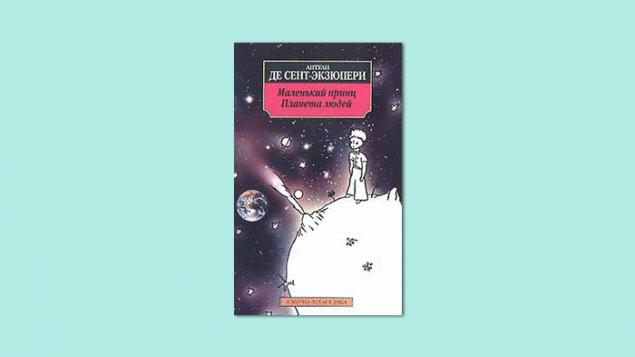
Bad: In general, it is not surprising that the glorious idleness written by the author, whose morality raises some doubts (a humanist who voluntarily went to war), stirs the minds of impressionable ladies: there is a handsome noble blood, a rose, and even a fox. Another thing is that about the same components can boast a third of fairy tales of the peoples of the world, but for some reason they are not made objects of worship. Apparently, they simply lack the scattering of aphorisms with which the prudent Exupery stuffed The Little Prince: without him, we would hardly have thought that all adults were once children, and having a faithful friend is a pretty good bonus.
Good: “The Little Prince” is a touching and instructive literary fairy tale that should be read to a preschooler before giving her a hamster: in the end, Pythagoras’ theorem or Kant’s categorical imperative will hardly be useful to her in life, but the outdated truth “we are responsible for those who have been tamed” will have to return again and again.
On the Western Front without Change
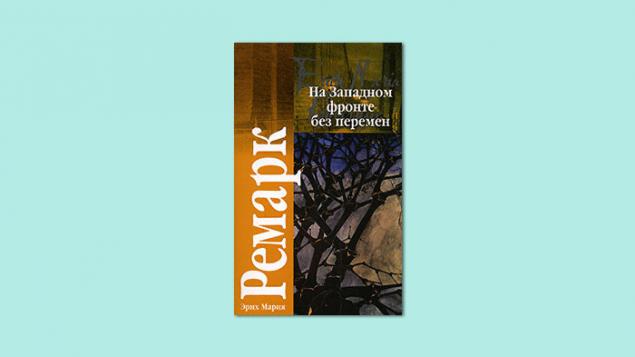
Bad: Good adventure literature for children and youth, disguised as a poisonous anti-war manifesto – in fact, the same “Vasek Trubachev and his comrades”, written in darker tones, stuffed with ugly household philosophy and wrapped in a flair of romantic death for nothing. Despite the presence in the text of torn limbs, hunted soldiers and arguments about the futility of life, the magic of “On the Western Front” instantly dissipates, you just need to carefully read any non-surface book about the war – “Survive to Dawn” Bykov, “From Here to Eternity” Jones, and at least “Slaughterhouse number five” Vonnegut. However, the paucity of language and the banality of Remarque’s ideas should catch the eye of a reader who has graduated from school age without these tricks.
Good: World War II was so similar to a six-year horror movie that it almost completely obscured the First. But it also killed hundreds of thousands: the battle of Verdun alone claimed about a million lives. “On the Western Front without change” is a monument to that forgotten war, and Remarque should be classified rather than as a writer, but as a keeper of history.
Herman Hesse Steppe Wolf.
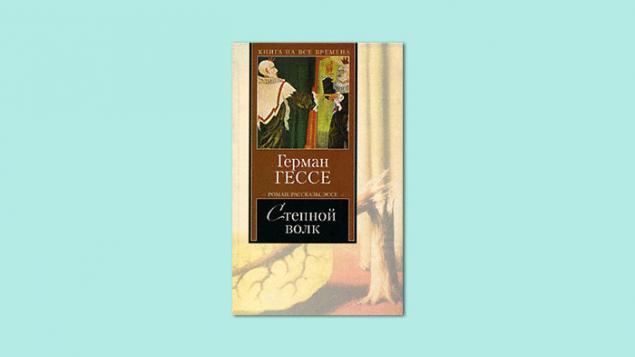
Bad: Of course, Harry Haller’s experiments with drugs and his close interaction with women do not allow him to put Steppe Wolf on the same shelf with Moomin Trolls and Chicken Ryaba, but at the heart of this book is teenage fiction, flavored with brittle metaphysics. Vonnegut noted in the early 1970s that the ranks of fans of Steppenwolf consist mainly of shy freshmen, locked in a stuffy dorm and dying of longing for mom and dad: tormented by infantile nostalgia, Harry Haller reminds them of themselves, for nothing that suits them as fathers, if not grandfathers. So to love the Steppe Wolf at 18 is not shameful, but to boast of this love at 30 is at least ridiculous.
Good: Generous novels for teenagers are a rarity, so Herman Hesse still did an important job: “Steppe Wolf” makes it clear that for the reader the process of communicating with the book should be associated not only with following the plot twists and turns, but also with finding answers in your head to the questions that the author asks. The door opened to Harry Haller in the other world, for a lonely reflective young man may well be the door to classical literature.
Mediocre books that overshadowed the literary successes of authors
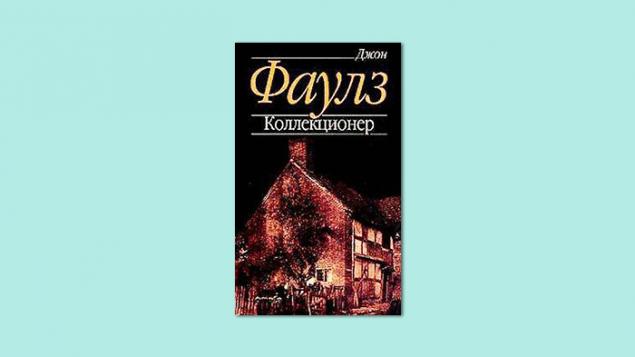
Bad: For the right to be considered the most outstanding novel of John Fowles with “The Magi” fights not the refined, soulful “Woman of the French Lieutenant”, not replete with the most curious historical material “Daniel Martin” and not even “Mantissa” – the original attempt of the writer to produce a literary analysis of his own creative manner – and “Collector” – a psychological thriller in which the brilliant abilities of Fowles-stylizer are crudely obscured by an obsessive suspence, coquettish eroticism and the image of the main character, as if the author is formed in the end of his nose. However, despite the efforts of Fowles to play on the field of Hitchcock, to inspire horror in the “Collector” can, perhaps, only the fact that Frederick Clegg speaks exactly like Holden Caulfield. The rest is like a classic: frightening, not scary.
Good: Fowles always sinned with verbose words and was inclined to voluminous works, in which the author's thought gurgles along the composition tree. At some point, literally every one of his books inevitably begins to cause drowsiness. And in general, few text in the world literature can compare to the density of boring with the Worm. The “collector” in this sense is a happy exception: a compact, rich prose, almost devoid of the reader’s characteristic intellectual bullying.
Mikhail Bulgakov "The Master and Margarita."
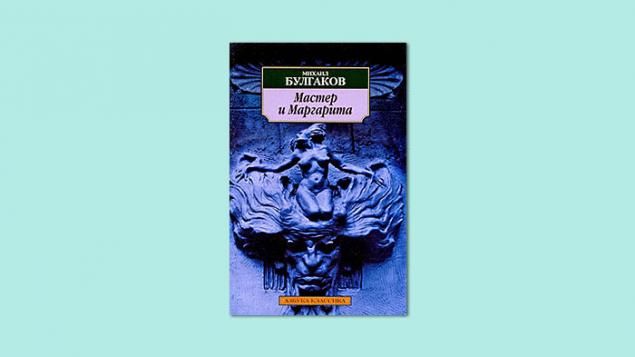
Bad: The perfidious attempt to undermine all Soviet ideals in a row (the biblical storyline in opposition to the proclaimed atheism - oh, oh!; demonic - oh, oh!; criticism of the authorities - gives!) on closer examination turns out to be vulgar, according to Limonov, fiction, which has become for the mass reader a pass into the world of intellectuals and a symbol of elitism - of course, false. If you omit the cozy portrait of Moscow of the 1930s, there is a love line in the style of sentimental novels, a flamboyant mysticism, deliberate aphorism, historicism at the level of a textbook for the eighth grade, poster images and cardboard characters, each of which could be played by Sergey Bezrukov.
Good: It is hard to believe that such a sensitive and observant author as Bulgakov simply took and accidentally wrote a bad book. The main goal of most of his works is to denounce vulgarity, philistinism, complacency: it is pursued by “Heart of a Dog”, “Ivan Vasilyevich”, and “Theatrical Novel”. There is a suspicion that, deliberately pleasing the layman “Master and Margarita” and making him scornfully laugh at Sokov and Bengal, Buglakov actually wanted to exclaim: “What are you laughing at?” You laugh at yourself! ?
"Women"
Bukowski
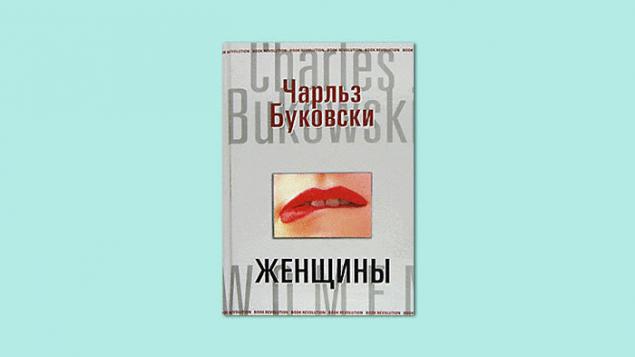
Bad: An exciting porn-palp, in which God and cunnilingus meet on the same page, and the autobiographical hero only does that he freaks out, pukes and monitors his erection. Thanks to "Women" and Bukowski himself is perceived by the audience as a kind of preoccupied hochmach sociopath with a scarred face. There is a fair amount of truth to this, of course. And in general, the popularity of Bukowski’s spicy novels is quite logical: even if you can and love to read, sex will still interest you more than anything else. But few people know that the poetic line in “Women” appeared for a reason, and Bukowski is above all a brilliant poet: accurate, angry, frighteningly honest – and at the same time trembling, sensitive, lyrical. The figure is truly cosmic scale, extremely far from the usual “dirty old man”.
After all, “Women” is a very funny and kind book about the fact that women are evil: in bed with them, of course, much more interesting than without them, but outside of it they cause too many problems. Strong, straight male prose, similar to a conversation “for life” with an intelligent, but heavily drinking and a little lost interlocutor. And Bukowski’s talent as a poet makes its way through it here and there: for example, the last lines of “Women” are pure poetry.
Masterpieces whose reputation has suffered from popular loveOscar Wilde. "Portrait of Dorian Gray"
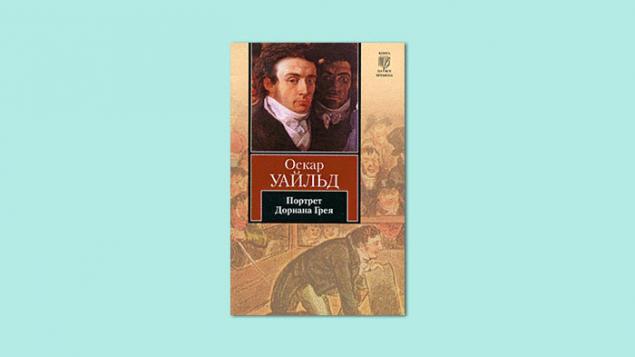
Good: A philosophical treatise clothed in the form of a novel of upbringing with a fantastic bias and a slight homoerotic taste. And the portrait itself, and the not too attractive personality of Dorian, and the beautiful whining of Basil, and even the famous paradoxes of Lord Henry - only the obsessive entourage: in "Portrait" Wilde postulates his aesthetic views, explains how art relates to real life, and offers a cultural analysis of reality based on fictional material. The key semantic load lies not on the text of the novel, but on the foreword to it, with the help of which Wilde, among other things, initiates the most interesting game of “the author’s evidence that he constantly contradicts himself.”
Bad: Alas, Wilde did not bother to make sure that all the above was understandable to ordinary mortals, and besides, he was too carried away by the heap of beauty and dashing plot twists. As a result, most readers take from the “Portrait” only the vulgar idea: they say, physical attractiveness is not always directly proportional to kindness, loyalty, compassion and other beautiful spiritual qualities. It is difficult to argue with this, but it is impossible to see how truism breeds multi-page discussions in forums.
Truman Capote. "Breakfast at Tiffany's."
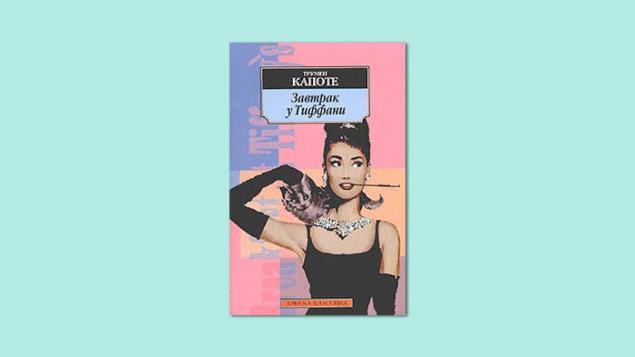
Good: Elegant, touching story, permeated with the characteristic of Capote everyday mysticism and full of tender sympathy for the eternal wanderers, seeking to plug a hole in the heart whirlpool of superficial passions. A string of eccentric, but infinitely charming characters led by Holly Golightly - girls without age, clear views and a certain place of residence. It is an ironic parable that people often confuse the concepts of “happiness” and “pleasure” and realize too late that the opportunity to pet a red stray cat can be more expensive than all diamonds in the world.
Bad: The name of the famous jewelry brand in the title of the story is just a symbol of the false values of American youth in the 1950s. However, on the so-called secular lioness, it works flawlessly, and the on-screen incarnation of Holly Golightly performed by Audrey Hepburn played a role. “Breakfast at Tiffany’s” has become a favorite book of women from Tatler magazine, and Holly Golightly herself has turned into a kind of ideal it-girl: seemingly fashionable and shocking, but not devoid of “rich inner world”. Almost Edie Sedgwick - but without daddy's millions. True, under the touch of cunning false wisdom Holly hides a deep personal tragedy, and the fate of Sedgwick was very deplorable, but who cares now.
Lolita Nabokov
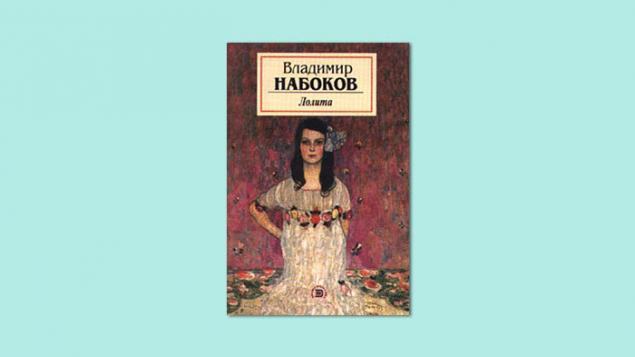
Good: To close one’s eyes to the piquant circumstances in which the heroes of Lolita found themselves, even the most enlightened reader will not be able to. But it doesn’t take seven inches to realize that Nabokov wrote a great book about love and the bizarre and terrifying forms it sometimes takes. It contains a delightful lace of metaphors, allusions and puns; another unexpected refraction of the most important theme of doubleness for the author; multi-layered - and at the same time light, fluid, harmonious text; rough, but extremely accurate humor; finally, a vivid manifestation of Nabokov's gift to clothe in words what is not customary to say.
Bad: Whatever it is, the plot of Lolita is based on the story of how an elderly man desired a teenage girl. Even in the 1950s, when audiences were just beginning to openly show interest in taboo subjects, scandalous fame was ahead of the novel. To this day, Lolita is often read for the first time secretly from parents aged 14-15 years, looking for and finding in it exclusively cloaky details and, having received his dose of shameful excitement, never return to the book again. However, puberty impressions are so strong that the image of Nabokov’s demonic nymphetta penetrates into hentai and clips of the singer Alsu.
P.S. And remember, just changing our consumption – together we change the world!
Source: theoryandpractice.ru
Bread which is killing us — about the dangers of thermophilic yeast
The Creator of Android has left Google

